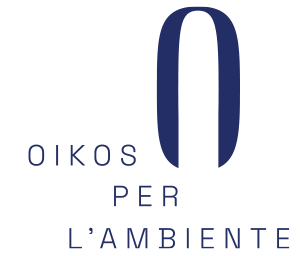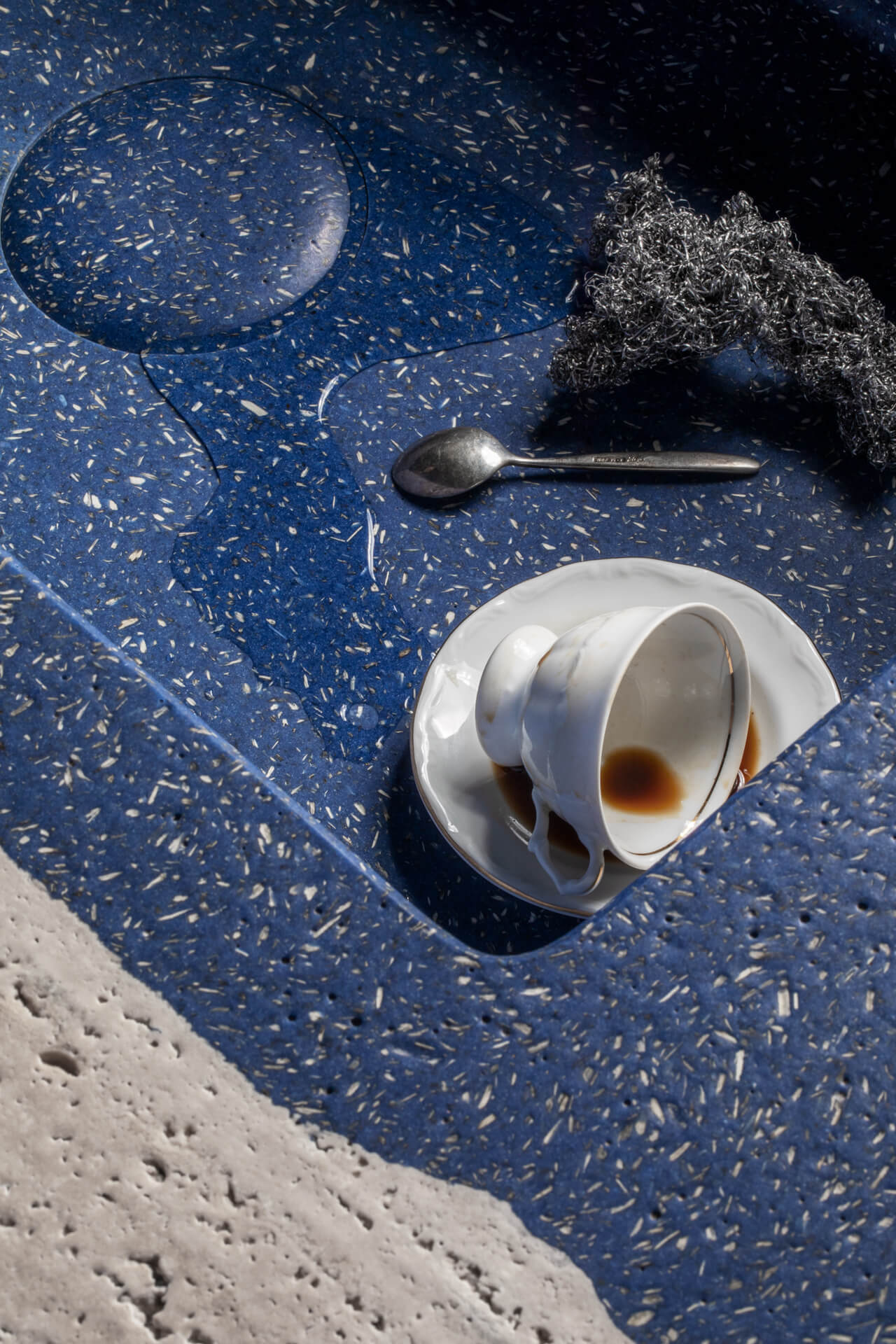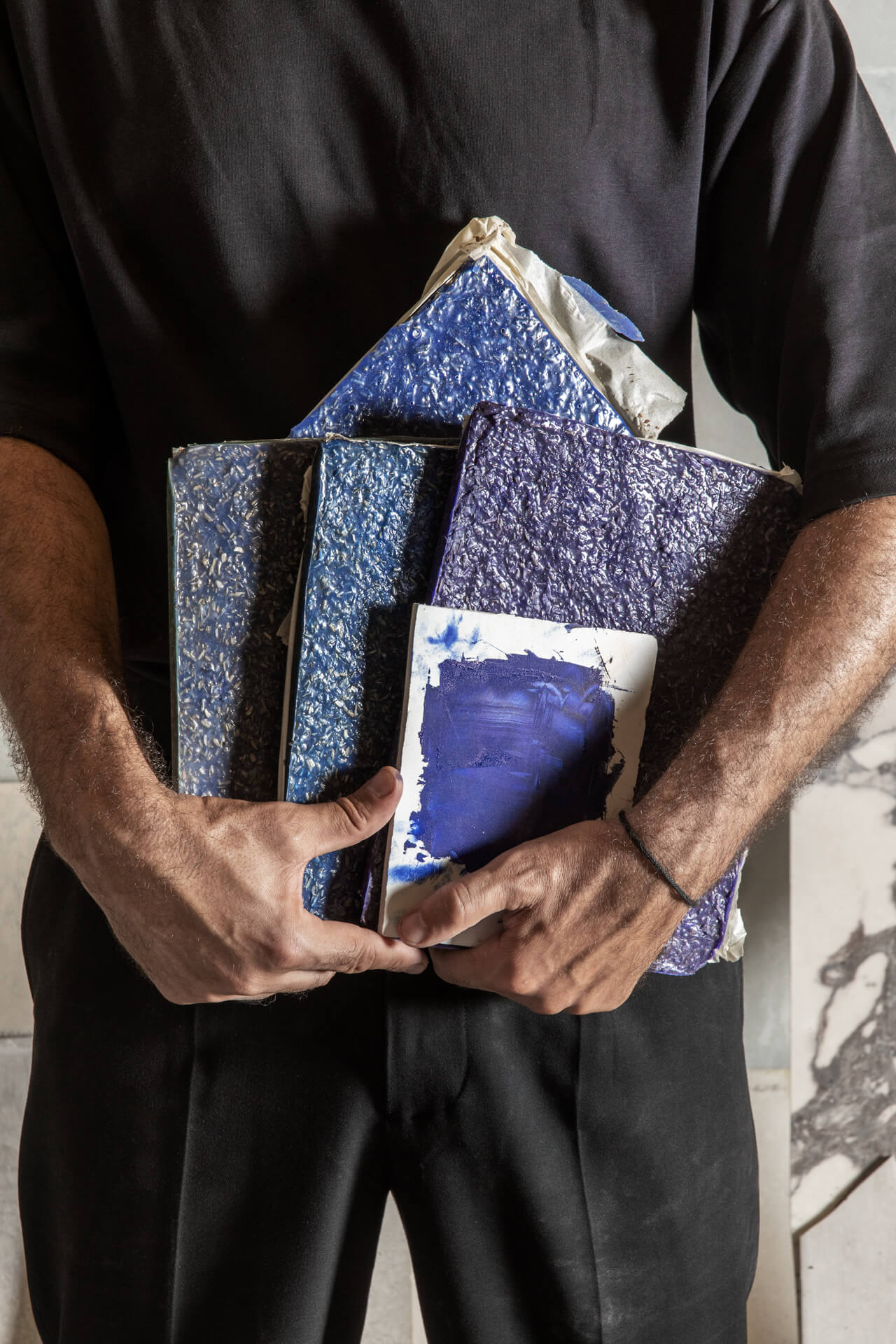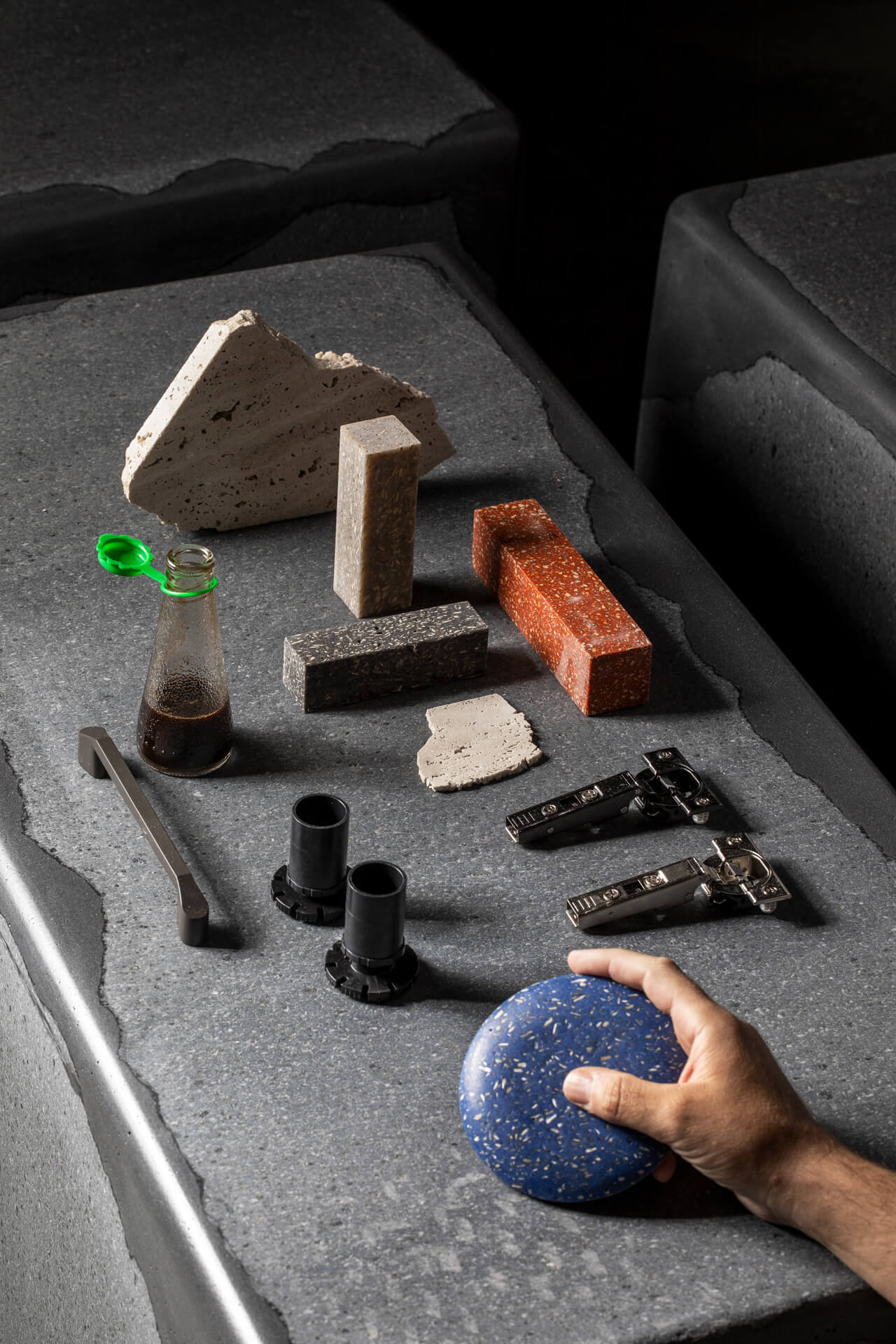
In the world of design, and especially in kitchen furniture, compromises are often necessary. While the kitchen is increasingly becoming a social space that demands refined elegance and personality, it remains, at its core, a “work environment” with essential requirements for hygiene and durability of both furniture and materials.
In the first iteration of Cucina Zero, designed by Studio Debonademeo for OIKOS, the focus was on finding the intersection of these values, which have long been considered difficult to reconcile.
The solution stems from the initial step of eliminating traditional product construction processes, placing interior designers at the center so they can work together with the client to shape a truly unique and original kitchen. This kitchen can also expand and serve as the “origin matrix” for other spaces.
The almost utopian challenge of “reconciling opposites” has been met with a new material, produced exclusively for OIKOS in the kitchen sector: a composite made from post-consumer recycled hemp fibers and new-generation VOC-free, solvent-free resins. At the end of its life cycle, the individual components can be reintroduced into the production process in a circular approach that not only reduces environmental impact but also helps mitigate waste, closing the loop on sustainable consumption and production.
While many recycled materials tend to have an unappealing appearance, this one boasts remarkable aesthetic qualities, with a pleasant texture and a look similar to terrazzo flooring. In addition to being available in an infinite range of shades, it can be enriched with inserts made from other waste materials (yet still valuable), such as travertine and marble, enhanced by unique proportions and patterns born from the creativity of each designer and their client.
Infine, la Cucina Zero “chiude il cerchio” della ricerca grazie alle elevate prestazioni tecniche di questi composito composito in termini di resistenza alla trazione, alla compressione, all’impatto e alla flessione, alla resistenza, all’abrasione, agli acidi, all’assorbimento di liquidi e al calore. Prestazioni che non riguardano, come avviene normalmente, solo a top e lavello integrato, ma anche le ante, con la possibilità quindi di costruire monoliti e volumi unici, modulati dagli spazi e dalle esigenze del cliente.
Product’s technical development realized in partnership with CHROMA COMPOSITES




